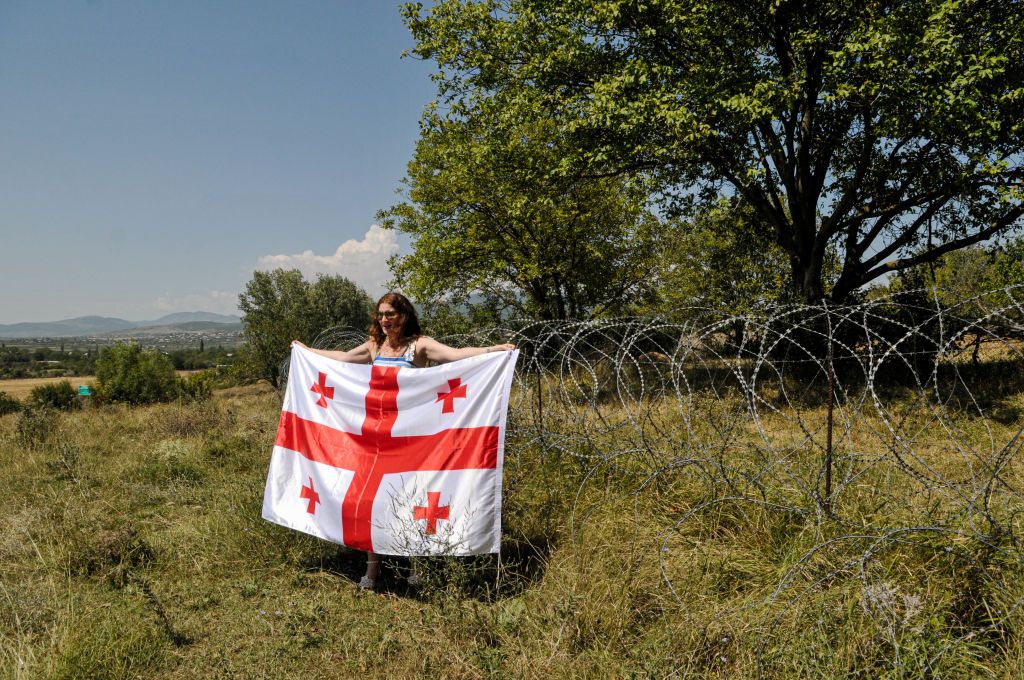Stoltenberg: Plans for Russian base on Georgian territory unacceptable

NATO Secretary General Jens Stoltenberg denounced Russia's plans to create a naval base in Abkhazia, a Russian-occupied territory of Georgia, in comments before the EU Foreign Affairs Council in Brussels on Nov. 14, as cited by the Georgian media outlet Civil.Ge.
"We strongly support the territorial integrity and sovereignty of Georgia, and of course, we don't accept that these breakaway territories can be used by Russia to establish military bases," Stoltenberg said.
Moreover, he noted that the plan reveals "how far Russia is willing to go to achieve (its) military goals in Ukraine."
Russian state-controlled media Izvestia reported on Oct. 5 that Aslan Bzhania, the Russia-backed proxy leader in Abkhazia, said the region would soon host a "permanent" deployment of Russian forces in the Black Sea port of Ochamchire.
Russian authorities did not comment on the plans.
Bzhania's announcement raised concerns in Georgia, with Georgia's Foreign Ministry denouncing the plans as a violation of Georgia's territorial integrity.
There have been Russian troops and Russian proxy soldiers on the ground in Abkhazia and South Ossetia, another occupied region of Georgia, since their seizure in the 2008 Russo-Georgian War.
Russian "peacekeepers" were also present in both regions before the 2008 war, a holdover from conflicts in both Abkhazia and South Ossetia in the early 1990s.
Both regions became de facto independent but legally part of Georgia, a status that continued until the 2008 war, after which Russia occupied Abkhazia and South Ossetia and established military bases there.
The creation of a naval base for Russia's Black Sea Fleet in Abkhazia would be a significant step, however, and one that could threaten to drag Georgia directly into Russia's war against Ukraine.
President Volodymyr Zelensky said on Oct. 24 that Russia's plans to create a base in Abkhazia were part of an effort to move its ships "as far as possible from Ukrainian missiles and marine drones," but he added that "we will catch up with them everywhere."
The comments were reported by some Georgian media outlets as a tacit admission that Ukraine would strike Russian targets in Abkhazia, a de jure part of Georgia.
Although the port is not deep enough to host larger warships from Russia's navy in the Black Sea, it could nonetheless become an important logistical hub.
"This is an attempt by the Russian Federation to expand the frontline to Georgia," said Badri Japaradize, one of the leaders of Georgia's opposition party, Lelo.
If the ships are used in attacks on Ukraine, then they would be legitimate targets, even if they are located in what is de jure Georgian territory, Japaridze added.












